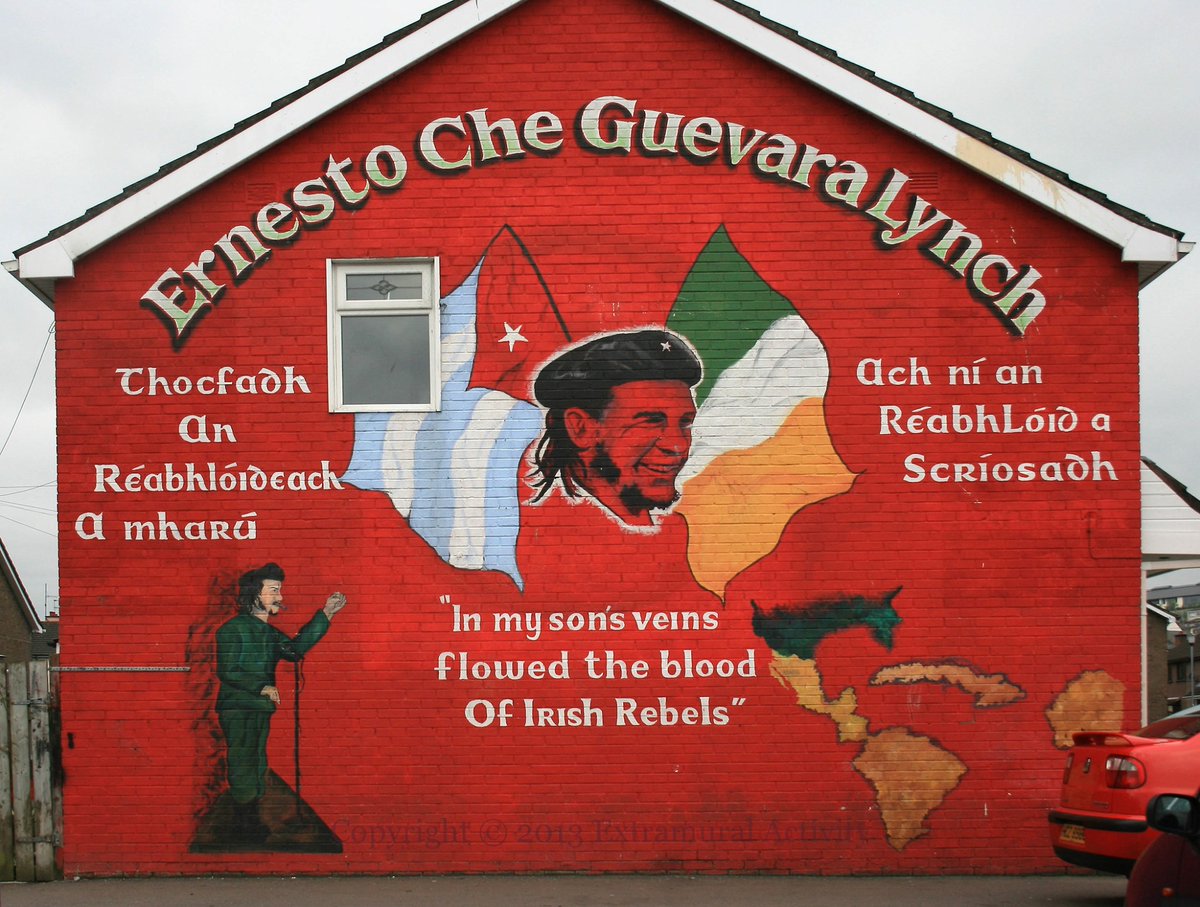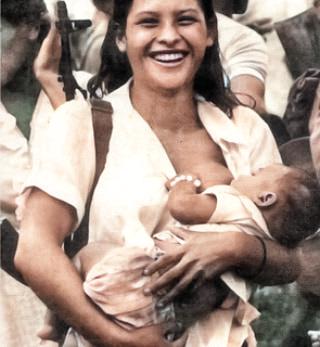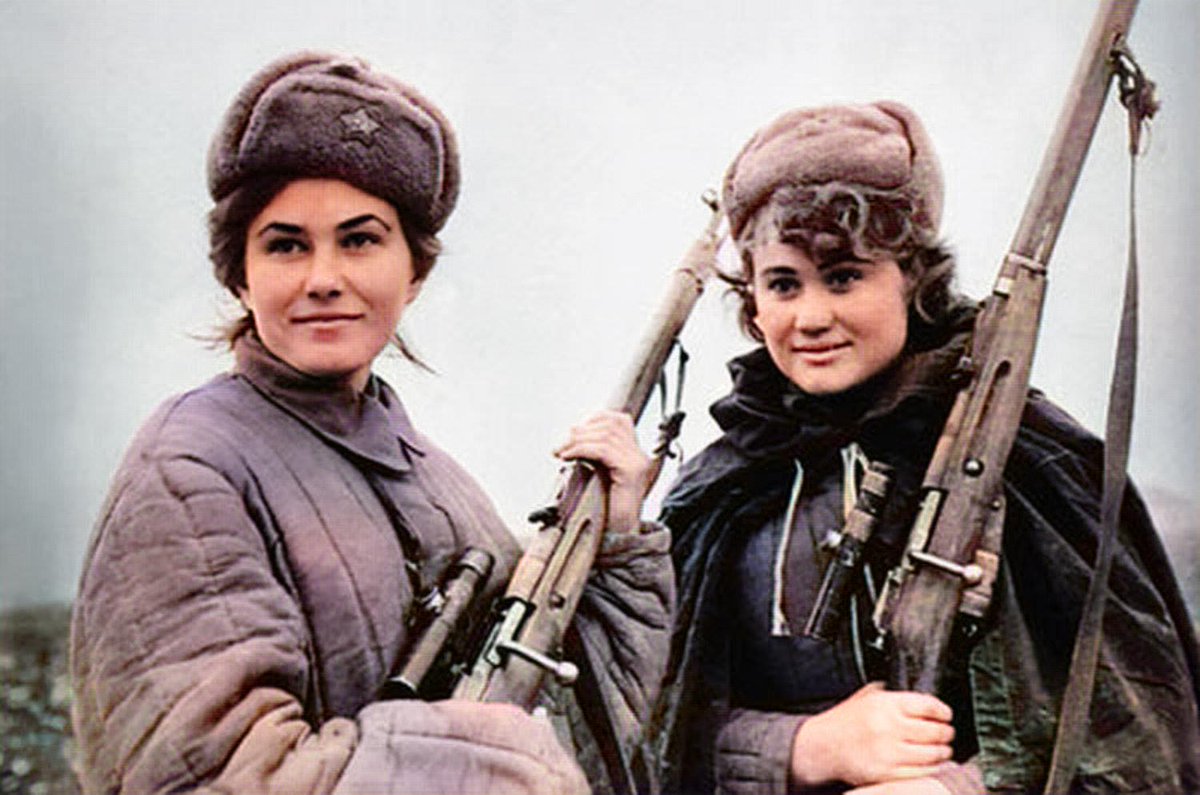
Happy #StPatricksDay! This festival from the tiny island of Ireland is celebrated in almost every major city across the globe, here’s why 👇 

The Irish diaspora numbers approx. 70 million people, compared to the population of Ireland which today is just 5 million. This is a direct legacy of what is commonly known as the Potato Famine. The more accurate translation of the Irish “An Gorta Mór” is the Great Hunger. 

Between 1845-1952 the Great Hunger became the greatest human disaster in 19th century Europe and was engineered by England’s policy of under-developing Ireland and preventing it from industrializing. 

England’s new Industrial Revolution drove up demand for food supplies like never before, and London deemed that Irish land was best suited to meet that need because of the country’s geographical proximity which kept transport costs at a minimum. 

While England witnessed an agricultural revolution, Irish peasants were forced to live in medieval conditions tilling tiny pieces of land as tenant farmers. 

Absentee landlords charged them extortionate rents which they paid by selling the lion’s share of the crops they grew, reserving a small patch of land to grow potatoes which they survived on. 

One-third of Irish people lived exclusively from potatoes, which at the time was only eaten by livestock and those living in abject poverty. When European potatoes were hit by a potato blight, the effect for Irish people was catastrophic. 

For years, the Irish starved to death while the food they produced was exported under their noses to England. Meanwhile, the capitalist class used the crisis to exploit them further, raking in huge profits from the ships dubbed “coffin ships” that they fled Ireland on. 

Prior to the Great Hunger, Ireland’s population had been growing exponentially by about a million a decade. In 1840 the population peaked at 9 million, a level it has never recovered. 

By 1900, so many had died and fled during and in the years after the Great Hunger. The population halved from the 1840 level. It was during this period that so many Irish people began populating the U.S. 

• • •
Missing some Tweet in this thread? You can try to
force a refresh




































